EDITORIAL
Published on 20 Nov 2018
Editorial: The Future of Coral Reefs Subject to Rapid Climate Change: Lessons From Natural Extreme Environments
doi 10.3389/fmars.2018.00433
- 4,208 views
- 12 citations
27k
Total downloads
255k
Total views and downloads
You will be redirected to our submission process.
EDITORIAL
Published on 20 Nov 2018
ORIGINAL RESEARCH
Published on 24 Apr 2018

ORIGINAL RESEARCH
Published on 13 Feb 2018

REVIEW
Published on 02 Feb 2018

REVIEW
Published on 01 Feb 2018
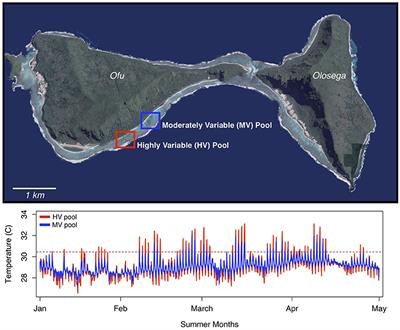
ORIGINAL RESEARCH
Published on 31 Jan 2018
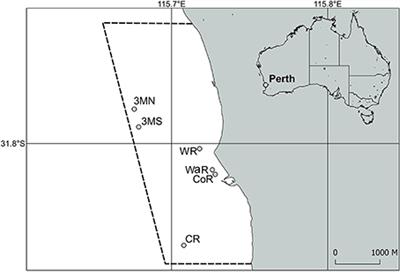
ORIGINAL RESEARCH
Published on 08 Dec 2017
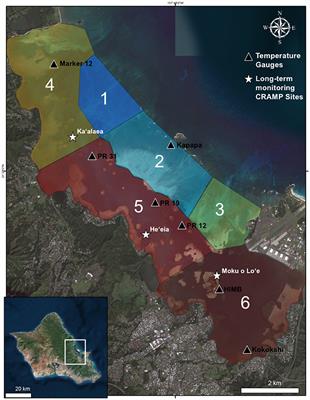
ORIGINAL RESEARCH
Published on 30 Nov 2017
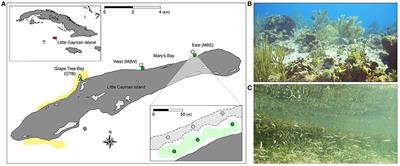
ORIGINAL RESEARCH
Published on 27 Nov 2017
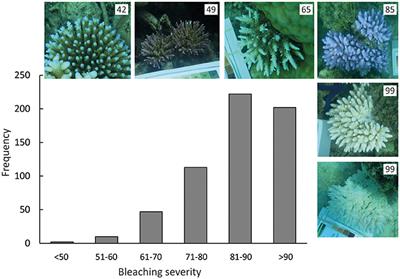
ORIGINAL RESEARCH
Published on 27 Oct 2017

ORIGINAL RESEARCH
Published on 20 Sep 2017
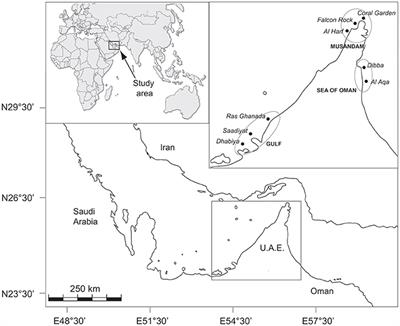
ORIGINAL RESEARCH
Published on 05 Sep 2017

